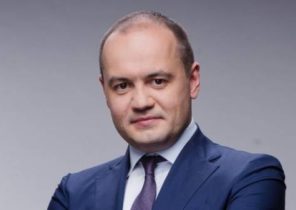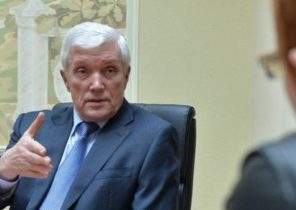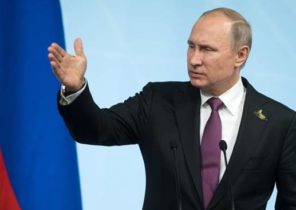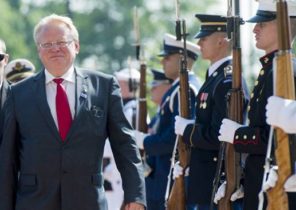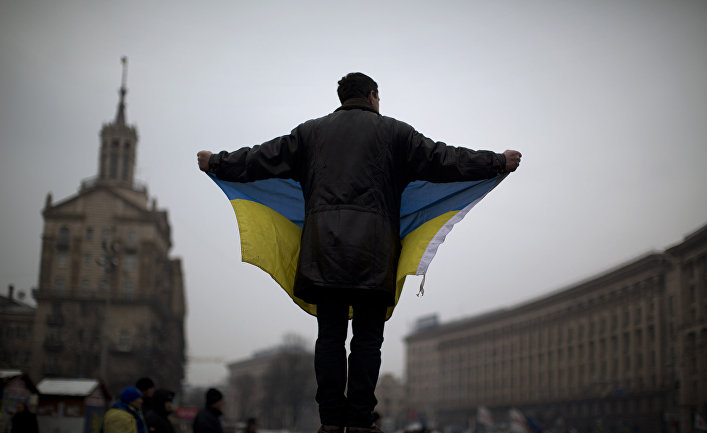
Donald trump has officially entered a post of the President of the United States, but questions about Russia’s intervention in the elections remain on the agenda. And yet one key question in the heat of debate often miss: why Russian President Vladimir Putin did this?
Of course, it is not difficult to guess why Putin chose trump his opponent, former Secretary of state Hillary Clinton. But there is a difference between hope for a particular result and the more effort — though with greater risk — to help to provide. In our opinion, the conclusion of us intelligence that, helping Trump, the Kremlin followed its “longstanding desire to undermine the liberal democratic order, the initiator of which is the United States,” not quite convincing.
Russia’s intervention in elections in the United States was unprecedented. Just three years ago it would have been unthinkable: although the West’s relations with Russia were far from ideal and is largely based on competition, they are also characterized by cooperation. Most recently, in June 2013, Putin and U.S. President Barack Obama made a statement, reaffirmed “the readiness to intensify bilateral cooperation based on the principles of mutual respect, equality and genuine respect for each other’s interests”.
That all changed in February 2014, when the “Maidan revolution” in Ukraine ended with the offset of the Pro-Kremlin President Viktor Yanukovych. This development — and the reaction to it — has resulted in a fundamental transformation of the relations of the West with Russia.
Almost immediately after the authorities in Kiev had changed hands, the Kremlin’s foreign policy became more bellicose. Russia invaded Crimea and took it and then started to support the sluggish separatist rebellion, the Ukrainian Donbass. The US and the EU responded by increasingly stringent and sophisticated sanctions and enhanced diplomatic campaign to “isolate” Russia.
Russia suffered its assertive behaviour in the sky, which led to several close encounters between Russian military aircraft and Western aircraft (both civil and military), as well as in the sea, stepping up its submarines in the North Atlantic to the level of the cold war. According to the Obama administration, there was a spike in harassment of American diplomatic personnel in Russia.
On the political front, the Kremlin began to support the eurosceptics and opponents of the European Union. He also did everything possible to frustrate the West’s efforts on resolving key international problems, primarily the civil war in Syria. Long-term agreement between the US and Russia on nuclear security and non-proliferation of nuclear weapons was angrily rejected. The culmination of all this was the expected distribution of Russian hackers obtained e-mails aimed at discrediting the Clinton campaigns.
Although Russia’s attempts to meddle in American presidential elections fit into a broader model of escalation that began after 2014, they still represent a significant change. It is likely that Russia, with its enormous capacity to cybersphere, hacked both Democrats and Republicans during the 2012 presidential election. But then, her intelligence quietly analyzed the information to better understand the future leaders of a potential enemy — it is unlikely that such behaviour on the part of the government can be called shocking.
Intervention in the elections the same is very risky for Russia. Although it is not known to what extent the leaked e-mail had influenced the vote, the Kremlin has certainly paid for his actions by alienating most of the American public, as well as almost the entire American political elite.
The Kremlin’s determination to succeed in Ukraine forced him to take such a risk. The government of Russia shows its behavior in 2014, said the post-revolutionary status quo in Ukraine — in particular, the rapid movement of this country towards the West — a direct threat to Russia’s national security. The annexation of Crimea, support for separatists in Donbas and the direct attacks against the West, Russia wants to make it clear that she will ensure that her interests are taken into account.
But the West did not cooperate. Despite the escalation of the Kremlin, the US and the EU agreed to negotiations, which Russia wants, and continue to support Ukraine’s integration with the EU and NATO. And, although a formal offer of membership in any of these organizations is at best a remote possibility, this turn of events is not excluded.
When it became clear that Western politicians are not going to turn a blind eye, the Kremlin apparently decided to try to replace them. Given the unwavering commitment of the desire of Russia to maintain its influence in Ukraine may well require a comprehensive settlement to prevent the use of the Kremlin increasingly aggressive variants assert their position.
The awareness of this uncomfortable reality must not lead the West to surrender to Russia. Instead, it should more forcefully insist on open dialogue and fair negotiations, this is what long lacks the policy of the West towards the Ukrainian crisis and post-Soviet Eurasian region. We ended up at this point because both Russia and the West over ten years sought unilateral advantage and avoided contractual compromise.
Negotiations in the current atmosphere of distrust, mutual accusations and fears will require significant investments of political capital for a long period. To move beyond the current approach based on confrontation and to find common ground, take some time. Fast transaction is not possible here.
How convincingly demonstrates Russia’s intervention in the American elections, the consequences of appeasement crisis in Ukraine extend far beyond this country. To find a new equilibrium in relations between Russia and the West, all parties need urgently to undertake good faith efforts to resolve this crisis.

